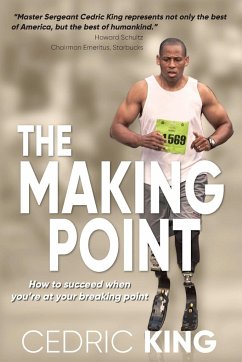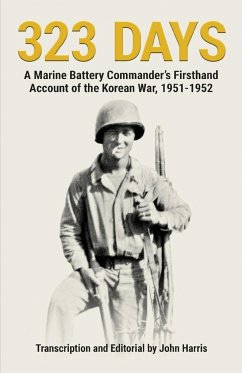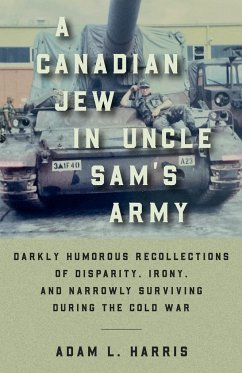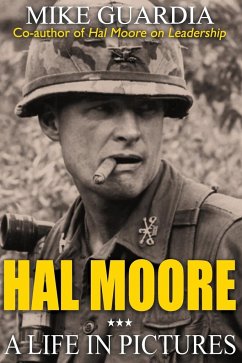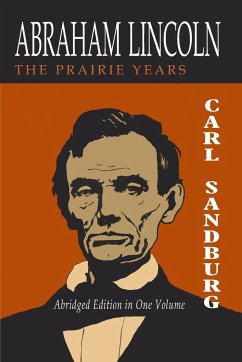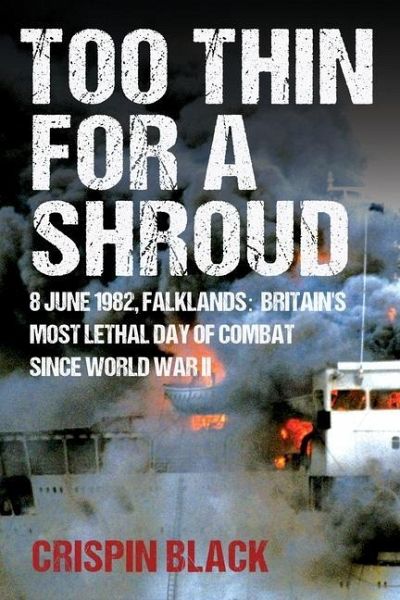
Too Thin for a Shroud
8 June 1982, Falklands: Britain's Most Lethal Day of Combat Since World War II
Versandkostenfrei!
Versandfertig in 1-2 Wochen
27,99 €
inkl. MwSt.
Weitere Ausgaben:

PAYBACK Punkte
14 °P sammeln!
How 10 minutes can change the course of history... In May 1982, eight young officers of the Welsh Guards-whose colonel-in-chief is the King-found themselves despatched at short notice to fight 8000 miles away in the Falklands. Until now, no one has told their story which included the fiercest attack on British troops since World War II when Britain lost half a battalion and the Argentine air force successfully bombed four navy ships at the tail end of the conflict. With gripping recollections from his peers, Crispin Black casts an entirely new light on this dramatic part of the campaign that i...
How 10 minutes can change the course of history... In May 1982, eight young officers of the Welsh Guards-whose colonel-in-chief is the King-found themselves despatched at short notice to fight 8000 miles away in the Falklands. Until now, no one has told their story which included the fiercest attack on British troops since World War II when Britain lost half a battalion and the Argentine air force successfully bombed four navy ships at the tail end of the conflict. With gripping recollections from his peers, Crispin Black casts an entirely new light on this dramatic part of the campaign that is often overlooked. Using for the first time a trove of formerly secret Ministry of Defence documents, Crispin Black captivatingly brings to life how the outcome was decided in ten critical minutes and that the Falklands War remains to this day one of the most misunderstood episodes in modern British history.




